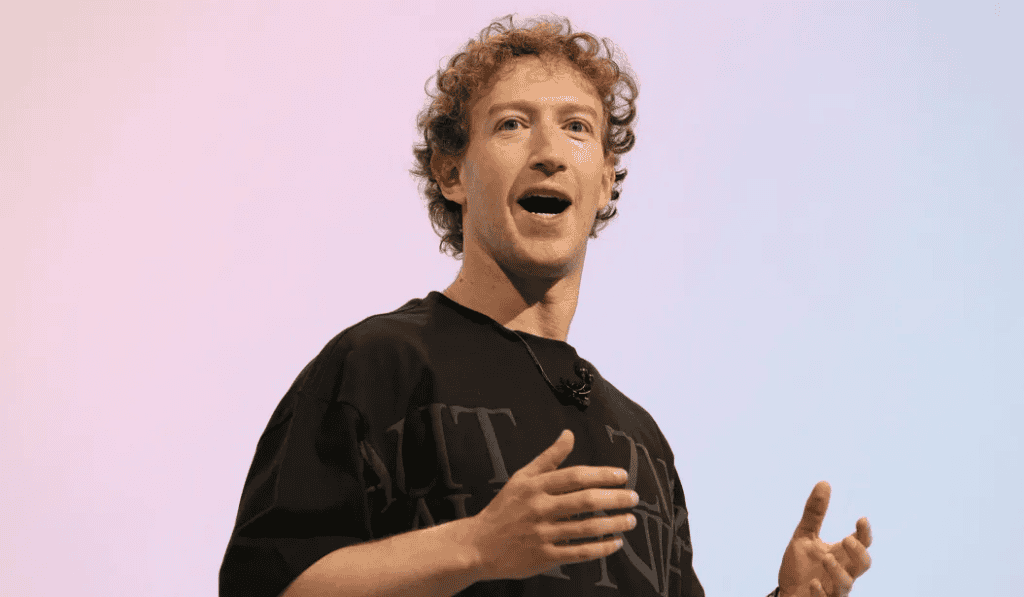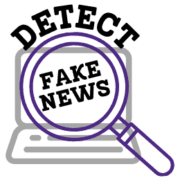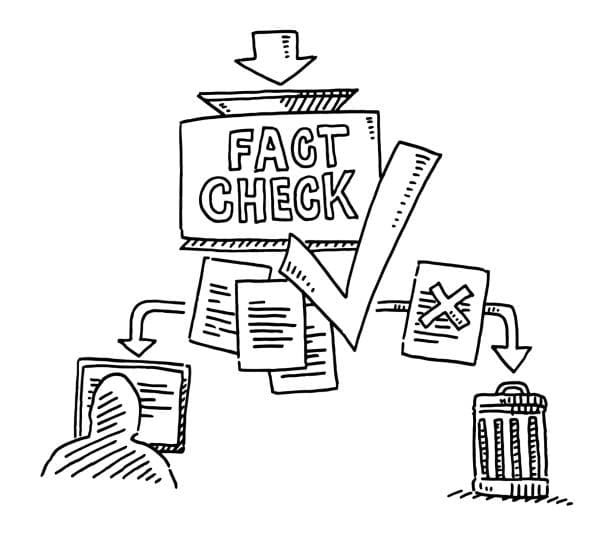Meta Platforms, the parent company of Facebook and Instagram, announced it is dismantling its third-party fact-checking program in the United States. The decision, characterized by CEO Mark Zuckerberg as a return to “free expression,” has raised alarms among experts and advocates who warn it could exacerbate the spread of misinformation on the company’s platforms.

The announcement comes amidst broader shifts in Meta’s policies, including changes to content moderation practices and the relocation of its trust and safety teams from California to Texas. These moves mirror recent decisions by other tech giants and signal a shift toward less restrictive approaches to online content. Zuckerberg cited what he described as “too many mistakes” and “over-enforcement” in the company’s previous policies as reasons for the change. He also pointed to the recent election of Donald Trump as a “cultural tipping point” that influenced the shift, according to PBS news.
From Fact-Checkers to Community Notes
Meta plans to replace fact-checking with a system called Community Notes, modeled after a similar feature on Elon Musk’s X (formerly Twitter). This system allows users to add and rate context to posts. Critics, however, argue that while Community Notes might offer some legitimacy to content moderation efforts, it lacks the rigor and scope of professional fact-checking.
In coverage done by PBS News Hour, Renee DiResta, a disinformation researcher at Georgetown University’s McCourt School of Public Policy, said, “Community Notes are a useful tool, but they are reactive and limited in scope. They rely on volunteers who may lack the resources or expertise to address highly complex or urgent misinformation”
PBS News Hour
Meta’s fact-checking initiative, launched in 2016, was part of an effort to combat the proliferation of false information after revelations about Russian interference in the U.S. presidential election. The program partnered with third-party organizations certified by the International Fact-Checking Network to add context to misleading or false claims. Critics argue that abandoning this approach could pave the way for unchecked conspiracy theories and hoaxes to spread.

Political Overtones and Motivations
The policy change is widely seen as part of Meta’s efforts to align with the incoming Trump administration. Over recent months, Meta has appointed conservative allies to key positions, including Joel Kaplan as head of global policy and UFC CEO Dana White to its board of directors. The company has also removed restrictions on politically sensitive topics, such as immigration and gender identity.
Trump, who has long criticized content moderation efforts as “censorship,” praised Meta’s decision. When asked if the changes were a response to his previous threats against Zuckerberg, the president-elect replied, “Probably” (AP News, 2025).
Concerns Over Misinformation
The end of fact-checking has prompted warnings from experts about a likely spike in misinformation. Bill Adair, co-founder of the International Fact-Checking Network, criticized Zuckerberg’s framing of fact-checkers as biased, noting that the organizations involved adhered to strict nonpartisan standards.
Meta’s move could also have broader implications for its own credibility and user safety. Researchers like Renee DiResta warn that the change could lead to increased harassment, hate speech, and the spread of harmful content, particularly on topics such as public health and elections (PBS, 2025).
Although Meta’s scale and dominant position in the advertising market might shield it from immediate fallout, experts caution that unchecked misinformation could erode user trust over time. Advertisers, too, could reconsider their partnerships with Meta if the platform becomes associated with harmful or misleading content. As Meta transitions to its new policies, critics argue the company is prioritizing political expediency over the public good.
Global Implications
With over 2.9 billion monthly active users, Meta’s platforms play a significant role in shaping global discourse. The company’s decision to dismantle its fact-checking program could influence how misinformation spreads across borders, particularly in countries where robust journalism and independent oversight are limited. As the changes take effect, the question remains whether Meta’s approach to content moderation will safeguard free expression without compromising the integrity of the information it hosts. For now, the platform’s users are left navigating an increasingly uncertain landscape.
References
- Washington Post. (2025, January 7). Meta ends fact-checking, drawing praise from Trump. Link
- NPR. (2025, January 7). Meta says it will end fact-checking as Silicon Valley prepares for Trump. Link
- AP News. (2025, January 7). Meta eliminates fact-checking in latest bow to Trump. Link
- PBS. (2025, January 7). As Meta drops fact-checking, critics fear it could pave the way for a misinformation spike. Link
- The Guardian. (2025, January 7). Why did Mark Zuckerberg end Facebook and Instagram’s fact-checking program? Link


